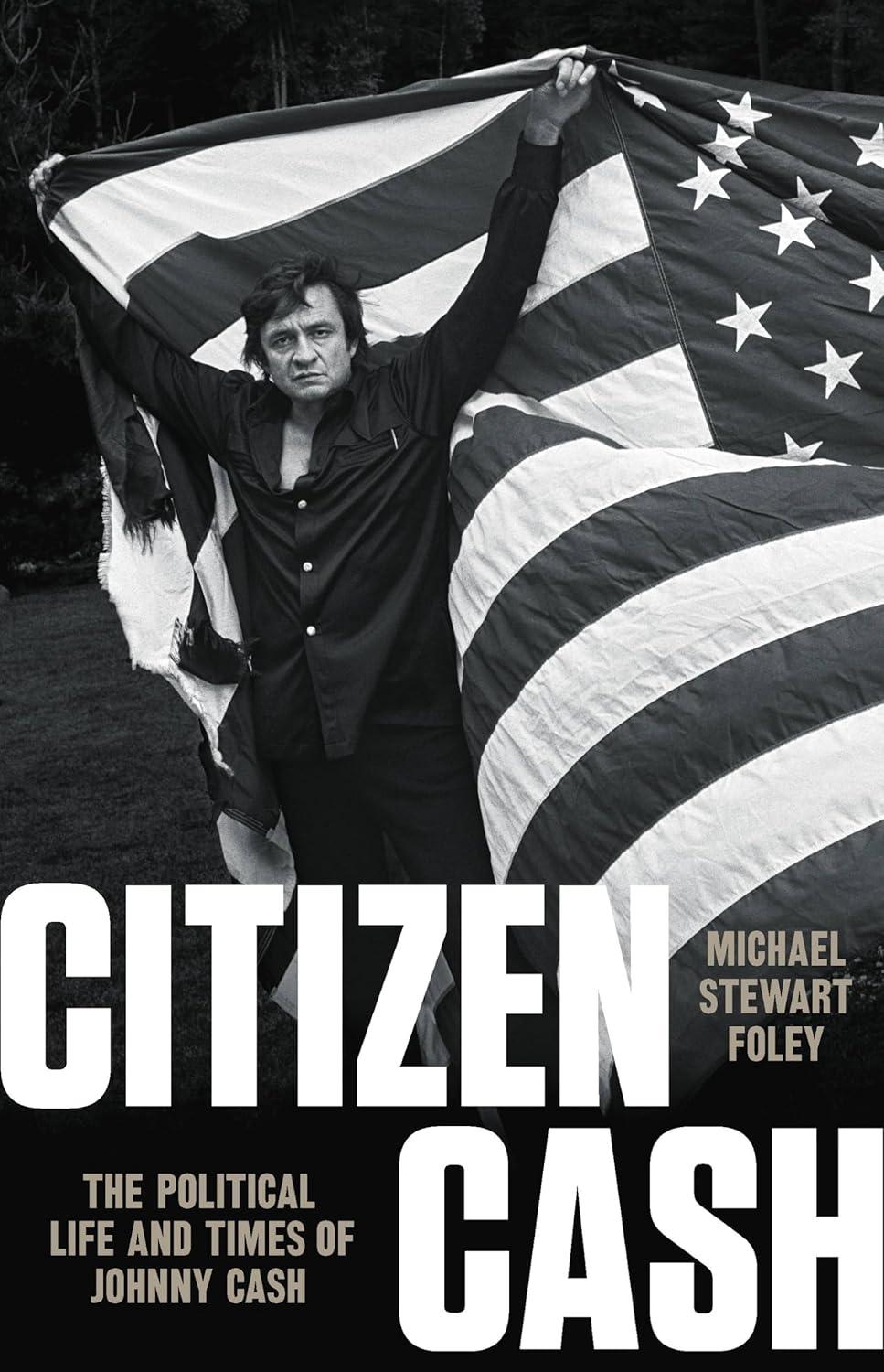In July and August of 1961, Johnny Cash recorded a batch of songs that became the basis for Blood, Sweat and Tears, a record many regard as merely a concept album about working people. But Blood, Sweat and Tears is a concept album about race in America, about the violent enforcement of racial hierarchies in America. It is the one great record made in support of Black lives by a country music star, even if almost everyone missed its message when it was released. To be fair, when we think of a civil rights album, we think of those freedom songs. If Cash had just recorded his own interpretation of Odetta’s “Freedom Trilogy” or, like Pete Seeger, brought news of the civil rights movement in song to a live audience—getting them to sing along on “If You Miss Me at the Back of the Bus,” “Keep Your Eyes on the Prize,” and “I Ain’t Scared of Your Jail”—it would have been much easier to label Cash as an activist artist, to see the work he was doing. But as musicologist and folklorist John Lomax once argued, folk music could “provide ten thousand bridges across which men of all nations may stride to say, ‘You are my brother.’ ” To put down on record—both vinyl and historical—evidence of the shameful, despicable practices of white bosses against Black men and their families made for a bridge of understanding that better suited Cash’s temperament than the freedom songs. On Blood, Sweat and Tears, he sings of racial bondage, of racial violence, of racist murder. He recorded these songs not to inspire activists so much as to confront his mostly white listeners with the shocking, documented brutality their silence made possible. His civil rights work, if we can call it that, is complementary; he stands as witness.
Side One of Blood, Sweat and Tears possesses such cumulative power, rooted in violence, that it is hard to listen to it twice in a row. One really needs to flip the record to the other side to find some relief, even if it is in limited supply on Side Two. Cash most likely learned original versions of all three of the songs on Side One—“The Legend of John Henry’s Hammer,” “Tell Him I’m Gone,” and “Another Man Done Gone”—from Lomax recordings (though, in the case of “John Henry,” there were dozens of versions out there already). But, in each case, Cash arranged, adapted, and added his own lyrics.
